In a sharp rebuke of US President Donald Trump’s recent tariff threats, Brazilian President Luiz Inácio Lula da Silva has publicly denounced what he described as imperial behavior, calling for respect for national sovereignty and the multilateral world order. The comments came in response to a July 7 post on Trump’s Truth Social platform, where the US president threatened to impose an additional 10% tariff on any nation “aligning themselves with the anti-American policies of BRICS.”
The statement from Trump came just as BRICS-now a ten-member group comprising Brazil, Russia, India, China, South Africa, Egypt, Ethiopia, Iran, and the United Arab Emirates-wrapped up its annual summit in Rio de Janeiro. With BRICS steadily expanding its influence and advocating alternatives to the dollar-based global trade system, Trump’s rhetoric appears aimed at curbing what he perceives as a growing challenge to US hegemony.
But Lula is having none of it.
“I don’t think it’s responsible or serious for the president of a country as large as the United States to be threatening the world over the internet,” Lula told reporters. “He needs to understand that the world has changed. We don’t want an emperor. We are sovereign nations.”
Lula’s remarks highlight a growing philosophical divide on the world stage. While Trump continues to pursue an aggressive, transactional, America-first approach to global relations, many leaders in the Global South-including those in BRICS-are pushing for a multipolar world order based on sovereignty, mutual respect, and economic cooperation outside the Washington consensus.
This divide was palpable at the BRICS summit. In speeches and joint declarations, leaders of the bloc repeatedly emphasized the importance of strengthening national currencies, reducing dependency on the US dollar, and creating financial systems insulated from Western sanctions and influence. Lula, in particular, has championed the idea of a BRICS common currency and regional economic resilience.
“We have to stop being dependent on a single country’s currency,” he said earlier in the summit. “We’re not seeking confrontation, but we are seeking autonomy.”
Trump’s tariff warning was not confined to rhetoric. On July 8, he reportedly sent formal letters to several foreign leaders, including the King of Thailand, the acting Prime Minister of Thailand, the President of Bosnia and Herzegovina, the Prime Minister of Cambodia, the President of Serbia, the Chief Advisor of Bangladesh, the President of Indonesia, and the President of Tunisia. The letters outlined a new US trade policy that would target any government seen to be cooperating too closely with BRICS or its economic initiatives.
This sweeping list of recipients suggests that Washington sees BRICS not merely as a political irritant but as a systemic economic threat. Trump’s message was clear: alignment with BRICS could come at a financial cost. The question now is how these nations will respond-particularly those with significant trade dependencies on the US, but also strategic partnerships with BRICS members like China and Russia.
Lula’s firm response to Trump also touched on domestic sensitivities. The Brazilian president dismissed Trump’s vocal support for former President Jair Bolsonaro, who is currently facing trial for allegedly trying to overturn the results of the 2022 election.
In recent weeks, Trump has described the proceedings against Bolsonaro as a politically motivated “witch hunt,” echoing his own grievances about legal actions in the US But Lula drew a clear line.
“We won’t accept interference or instruction from anyone. We have solid and independent institutions,” he said.
That statement reinforces Lula’s broader message: Brazil will not allow foreign powers-no matter how economically or militarily dominant-to meddle in its internal affairs or dictate its foreign policy orientation.
Trump’s proposed tariff policy, while unlikely to pass without congressional input, signals a potential return to aggressive economic nationalism. It also raises serious concerns about trade fragmentation and retaliatory measures. If countries like Brazil, India, and Indonesia face punitive tariffs for cooperating with BRICS, it could trigger a wave of counter-tariffs, currency realignments, and supply chain disruptions.
Lula hinted at this possibility, saying: “If he believes he can impose tariffs, then we have the right to respond with tariffs of our own.”
That kind of tit-for-tat escalation would have deep ramifications, not only for bilateral trade but for global economic stability. Developing countries that rely on diversified exports may find themselves caught in the crossfire between an increasingly protectionist US and an emboldened BRICS bloc.
While Trump’s messaging resonates with certain domestic constituencies in the US, it is facing growing resistance abroad. Lula’s statement serves as a signal to other nations that the old post-Cold War order, dominated by US financial and military power, is increasingly being challenged. Countries in Africa, Asia, and Latin America are seeking new paths to development-ones that are not necessarily aligned with Washington or beholden to its strategic interests.
Lula’s declaration-“We don’t want an emperor”-may well become a rallying cry for a new generation of leaders who view national sovereignty as incompatible with unilateral US dictates.
For now, the diplomatic lines are clearly drawn: one world led by empire, and another seeking multipolar equality.
The question ahead is whether Trump’s threats will intimidate or further galvanize this shift. Judging by Lula’s defiant tone, the answer may already be clear.
Please follow Blitz on Google News Channel
Sonjib Chandra Das is a Staff Correspondent of Blitz.
lula-rebukes-trumps-tariff-threats-the-world-doesnt-need-an-emperor

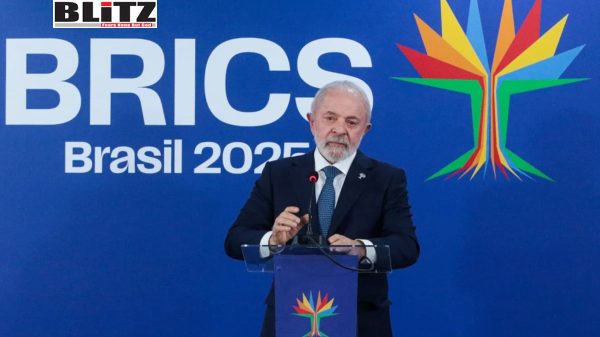

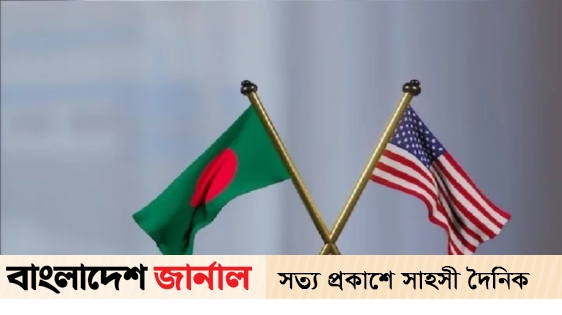
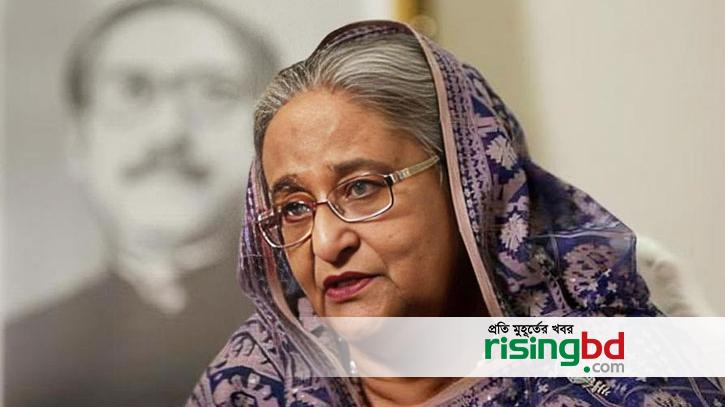
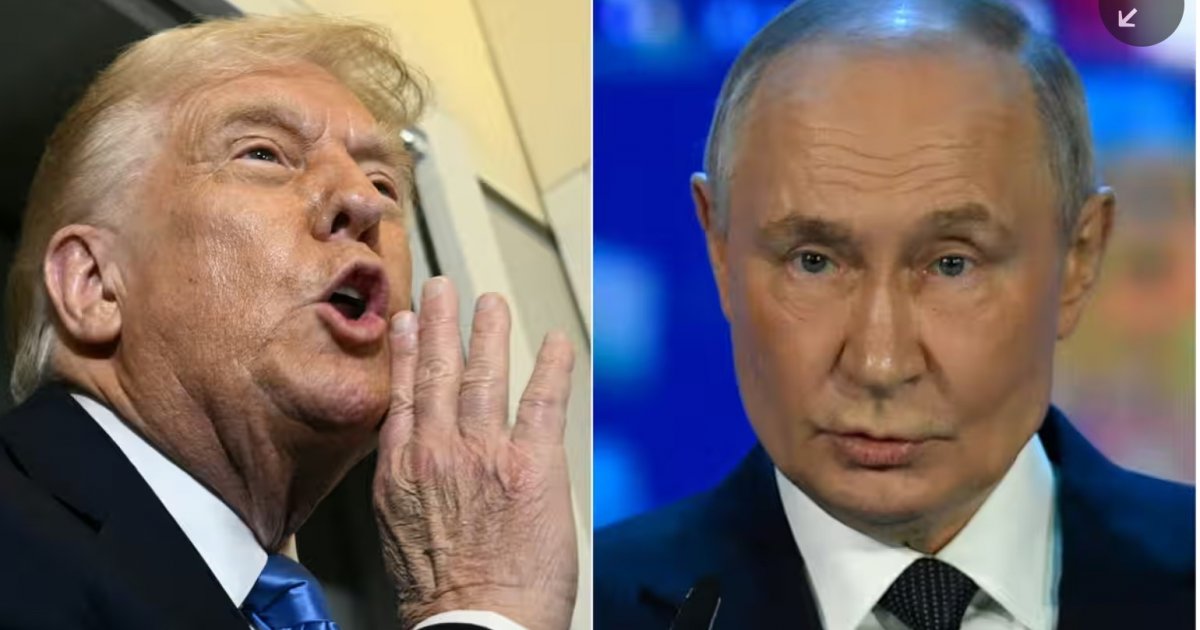
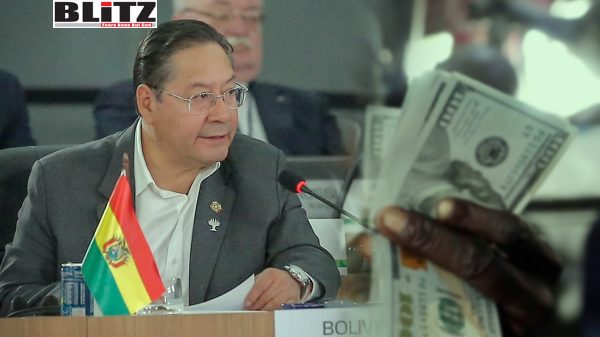








Leave a Reply